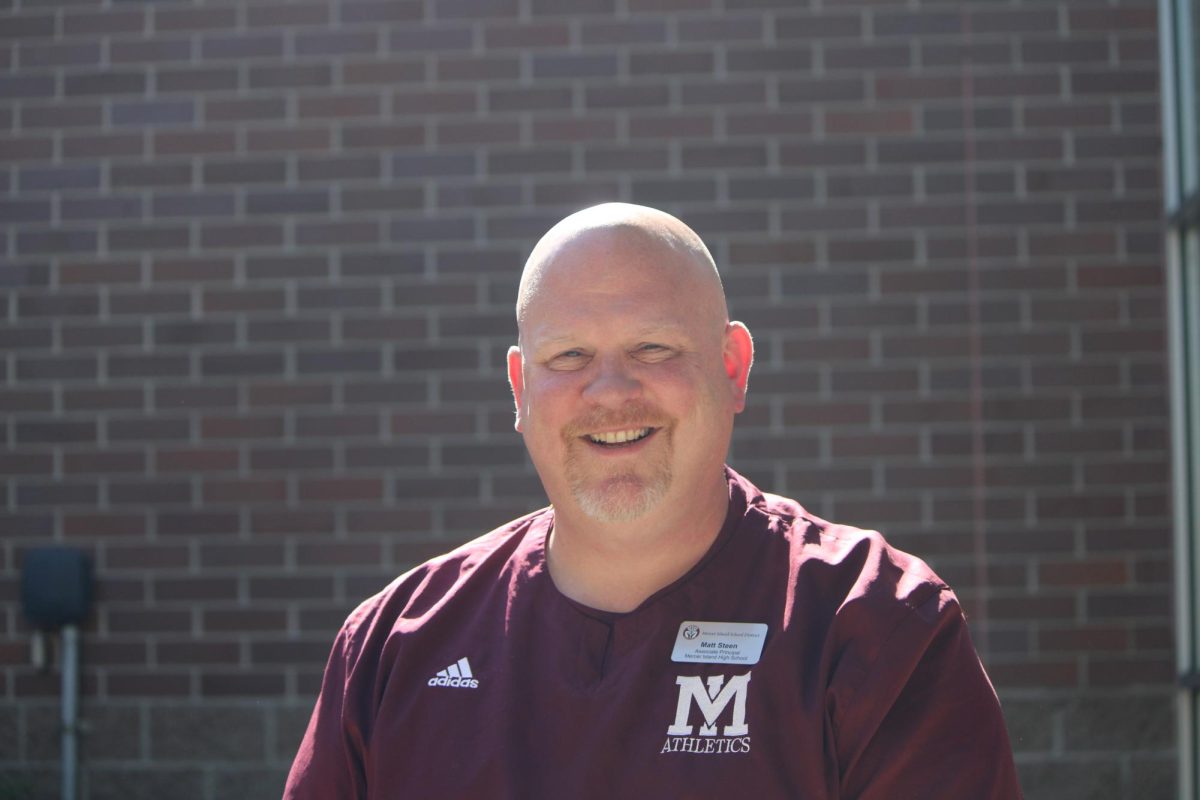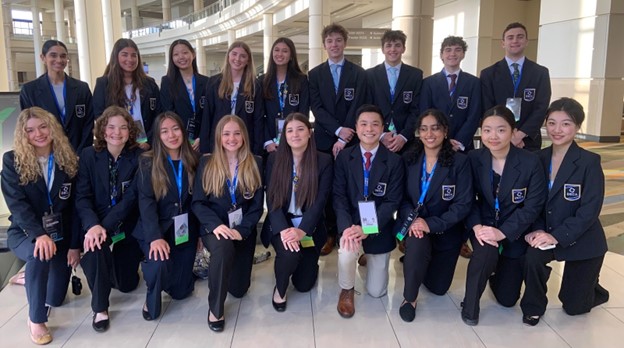On Feb. 13, an email by MISD Superintendent Fred Rundle was sent to all students and parents regarding an uptick in a new form of digital crime, commonly known as cyber kidnapping or virtual kidnapping, and explaining how common the issue is locally.
According to the FBI’s website, “cyber kidnapping” is defined as an extortion scheme which “tricks victims into paying a ransom to free a loved one they believe is being threatened with violence or death. Unlike traditional abductions, virtual kidnappers have not actually kidnapped anyone. Instead, through deceptions and threats, they coerce victims to pay a quick ransom before the scheme falls apart.”
The email suggests ways to avoid falling victim to cyber kidnapping, such as calling the person claimed to be missing, using a code word in your family that only other family members know and, most importantly, calling law enforcement immediately.
In an interview, Rundle spoke to the severity of this issue, explaining that it happens more often than many think it does. “For me, it has been a bit of a blind spot as a dad and as an educator until recently, now that local school districts’ own families have become victims of it,” Rundle said. “Although I am not at liberty to say, we do have one staff member in the district whose family [has fallen victim] as well.”
Rundle highlights that we first need to be aware of this issue. “The second [step] is having a conversation and being aware that this is taking place, and third, taking a look at the tips that the FBI have put out there to protect ourselves and our families.”
Cyber security is getting more and more important in this age of advanced technology, and Rundle reminds the MI community that we need to educate everyone about protection against cyber crime. “This is really unfortunate and it paints a bad picture of humanity,” Rundle said. “There are age-appropriate conversations that we need to be having with a great number of our students and that parents need to have with their children. It may not be a favorite topic … to discuss, but I think that it’s important.”









